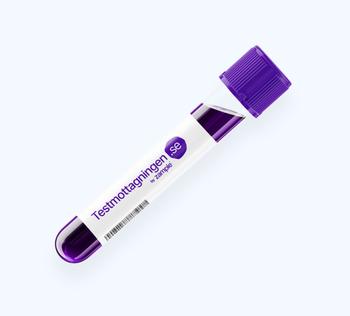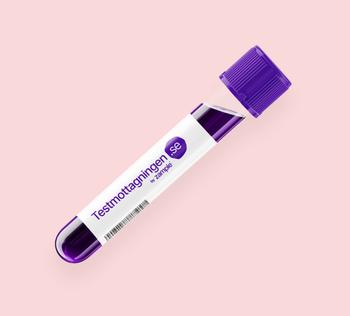What is highly sensitive CRP?
High-sensitivity CRP (C-reactive protein) is a marker of inflammation and is used to assess the risk of cardiovascular disease.
What can an elevated value of high-sensitivity CRP mean?
Elevated levels of CRP in subjectively healthy people are associated with an increased risk of heart attack and stroke.
P-CRP is recommended when assessing the state of infection, while high-sensitivity CRP is used for risk assessment of cardiovascular disease and for assessment of low-grade inflammation.
A level of 3 mg/L or higher is considered a high risk for cardiovascular disease, while a level below 1 mg/L is considered a low risk. The measurement range for high-sensitivity CRP extends down to 0.16 mg/L.
What is the difference between high-sensitivity CRP and CRP?
CRP stands for C-reactive protein, it can be measured in different ways. The most common method used in healthcare is CRP, which is often called rapid dip, which measures the dip to detect whether there is an ongoing infection or inflammation in the body of people with symptoms who then often have an elevated CRP value.
Highly sensitive CRP measures very low levels of CRP, C-reactive protein, and can give a value for whether you have an increased risk of developing a cardiovascular disease. Since high-sensitivity CRP is a very sensitive test, the value can be affected by, for example, an ongoing infection, it is therefore important that you feel healthy without the feeling of a possible ongoing infection, inflammation, injury or disease in the body when you take the test.





































